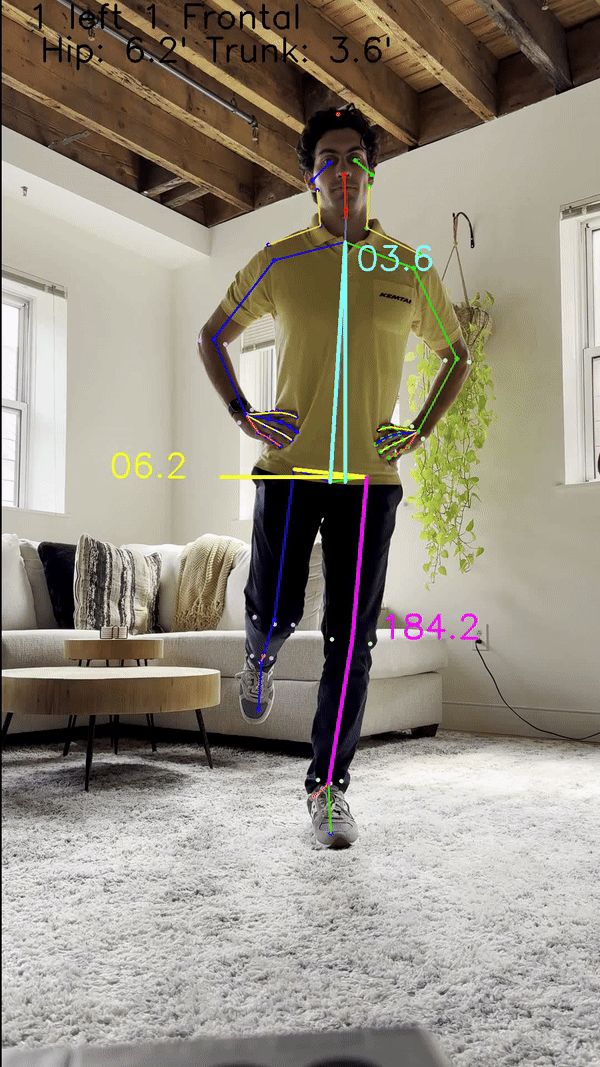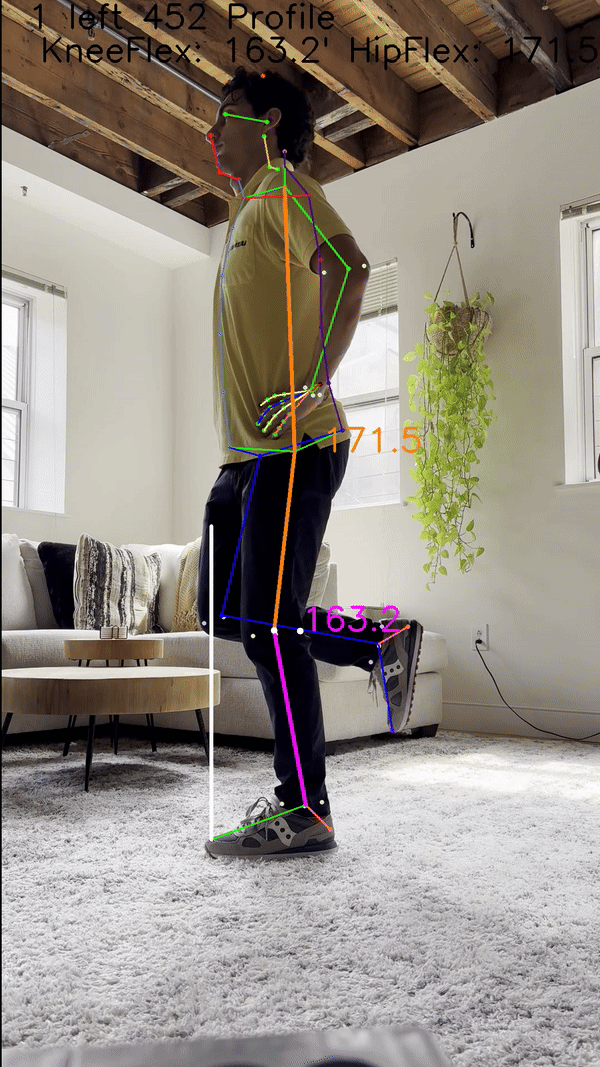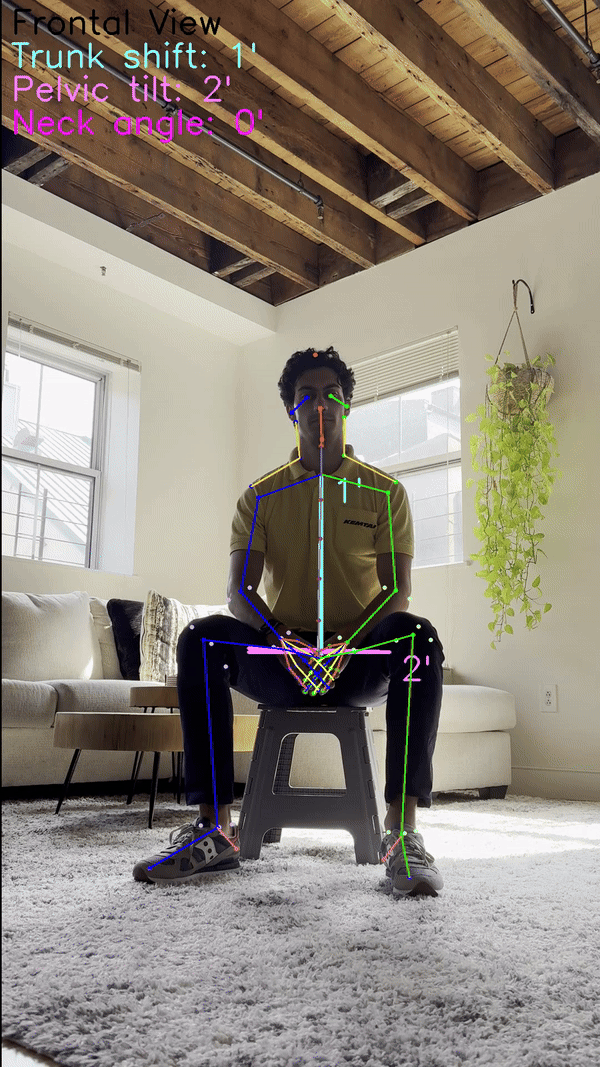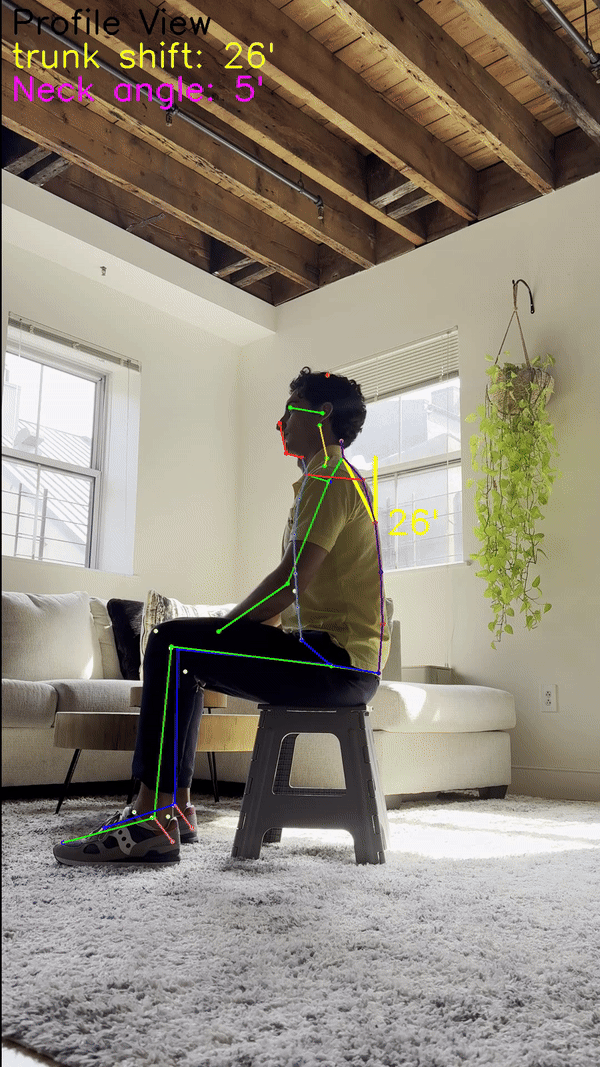Because musculoskeletal (MSK) conditions are a top driver of US and global healthcare costs, MSK solutions have become a centerpiece of the burgeoning digital health space in recent years. As evidenced by the recent digital MSK report published by PHTI, payers and providers understand the importance of scalable MSK solutions, and digital MSK companies are eager to showcase clinical and financial impacts. Digital health companies in the neurology space (e.g., strokes, brain injury, multiple sclerosis) and in the sports medicine space share this desire as well.

Nevertheless, it’s important to understand the differences between digital MSK and digital rehabilitation solutions, and one key differentiator is computer vision – not just the inclusion of computer vision within solutions but rather the quality of that computer vision.
The strongest computer vision technology does not just scale MSK solutions. The strongest computer vision technology scales the subject matter expertise, thought leadership, and knowledge of leading clinicians and researchers.
Standard Functional Assessments and Computer Vision
One way computer vision could scale clinical subject matter expertise is through the automation of functional assessments. The use cases for these assessments are vast, including MSK conditions, neurological conditions (e.g., strokes, acquired and traumatic brain injury, and Parkinson’s), and neuromuscular evaluations for sports medicine. There are many standard, established assessments in these clinical areas, such as Sit-to-Stand, Timed Up and Go (TUG), and the Berg Balance Test (BBS).
Traditionally, these assessments have required in-person, subjective assessments that are costly, time-consuming, and not scalable. Many assessments even require the use of intensive 3D motion tracking systems, such as Vicon or BTS. These systems, while accurate and effective, are often not readily available and are not convenient enough for regular usage.
However, the most effective computer vision solutions could provide these assessments instantaneously from any device with a camera, with accuracy that is comparable to that of a 3D motion tracking system. While open source computer vision is not advanced enough to measure movements and angles accurately and granularly enough to effectively scale these assessments, the strongest proprietary computer vision technology should be able to automate, reproduce, and scale these standard assessments for a fraction of the cost.
Custom Functional Assessments and Computer Vision
Until very recent advancements in computer vision technology, clinicians and researchers have had no way to build and scale their own custom motion assessments. In many cases, the assessments that they hope to automate and scale are not standardized, well-established assessments. Clinicians or researchers often have deep subject matter expertise in a specific area and develop their own cutting-edge assessments without any way of scaling it to a large population. For example, a clinical researcher may possess knowledge about how certain movement capabilities reduce injury or reoperation risk but lack the technical capability to bring their knowledge to life as an objective assessment. Now, with leading computer vision technology, that technology gap no longer exists.
Providers and clinical researchers should turn to computer vision solutions to create custom assessments that combine their expertise with the automation and scalability of computer vision. The use cases of objective, novel assessments like these include more efficient and broadly used research techniques, commercialization of experts’ and institutions’ proprietary knowledge, and expanded health equity through more accessible assessments.
Interested in Learning More?
Kemtai is driving this exact type of work with leading institutions, including Shepherd Center and RIIP REPS, powered by the Hospital for Special Surgery (HSS). If you or your organization might be interested in creating computer vision-powered functional assessments, shoot us a message at info@kemtai.com! We’d love to better understand your use case and see how we can support your needs!





